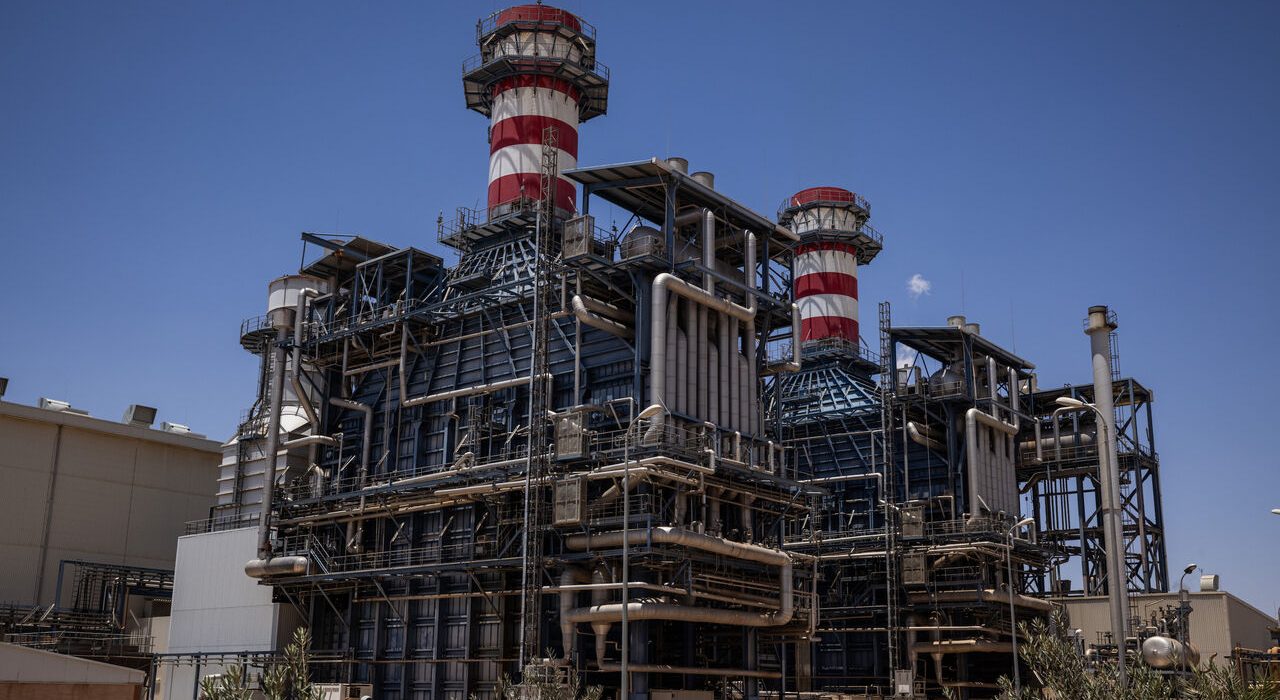Türkiye has officially commenced supplying natural gas to Syria, marking a strategic shift in regional energy dynamics and accelerating its emergence as a major energy hub. As of August 2, 2025, Turkish Energy Minister Alparslan Bayraktar confirmed the launch of gas flows from Azerbaijan via Türkiye’s Kilis–Aleppo pipeline, delivering 6 million cubic meters daily, or roughly 2 billion cubic meters annually, aimed at powering Syria’s badly strained electricity grid
The initiative is part of a broader collaboration involving Azerbaijan’s SOCAR and funding support from Qatar—together they are helping Syria generate around 1,200 megawatts of electricity, up from a reported daily supply of just 3–4 hours prior. Türkiye is also contributing 500 megawatts independently, bringing total electricity aid close to 1,700 megawatts, translating into more reliable power for millions of Syrians
The gas corridor represents the first time Azerbaijan’s Caspian gas is being supplied into the Middle East through Syrian territory—an ambitious energy link stretching from the South Caucasus pipeline, through Trans‑Anatolian (TANAP) infrastructure into Anatolia, and now across the border into Syria. It underscores Türkiye’s growing role as a transit nexus connecting Europe, Caucasus resources, and Middle Eastern demand
Beyond energy delivery, the project encompasses electric interconnections via a 400‑kilovolt transmission line, anticipated to enable up to 500 megawatts of additional imports into Syria later in the year
Turkish officials also unveiled plans for private sector investment in Syria’s energy, oil, gas, mining, and infrastructure reconstruction—signalling a deeper economic engagement in Damascus in line with post-conflict recovery efforts
This strategic collaboration also marks a major geopolitical turnaround: Türkiye, which backed rebel forces during Syria’s 13‑year civil war, is now forging close relations with Syria’s new government and emerging as a key reconstruction partner
Analysts note that the corridor not only aims to restore electricity to Syrian homes but also elevates Türkiye’s status as a regional energy power linking Azerbaijan’s gas reserves to Middle Eastern consumers while offering an alternative to maritime routes like the stalled EastMed project
For Nigeria and other emerging markets in Africa, the new energy corridor offers a compelling example of how energy diplomacy and infrastructure can reshape regional influence. As Türkiye transitions from gas consumer to exporter and regional corridor, its energy strategy may inspire similar cross-border initiatives in West Africa’s own evolving markets.
